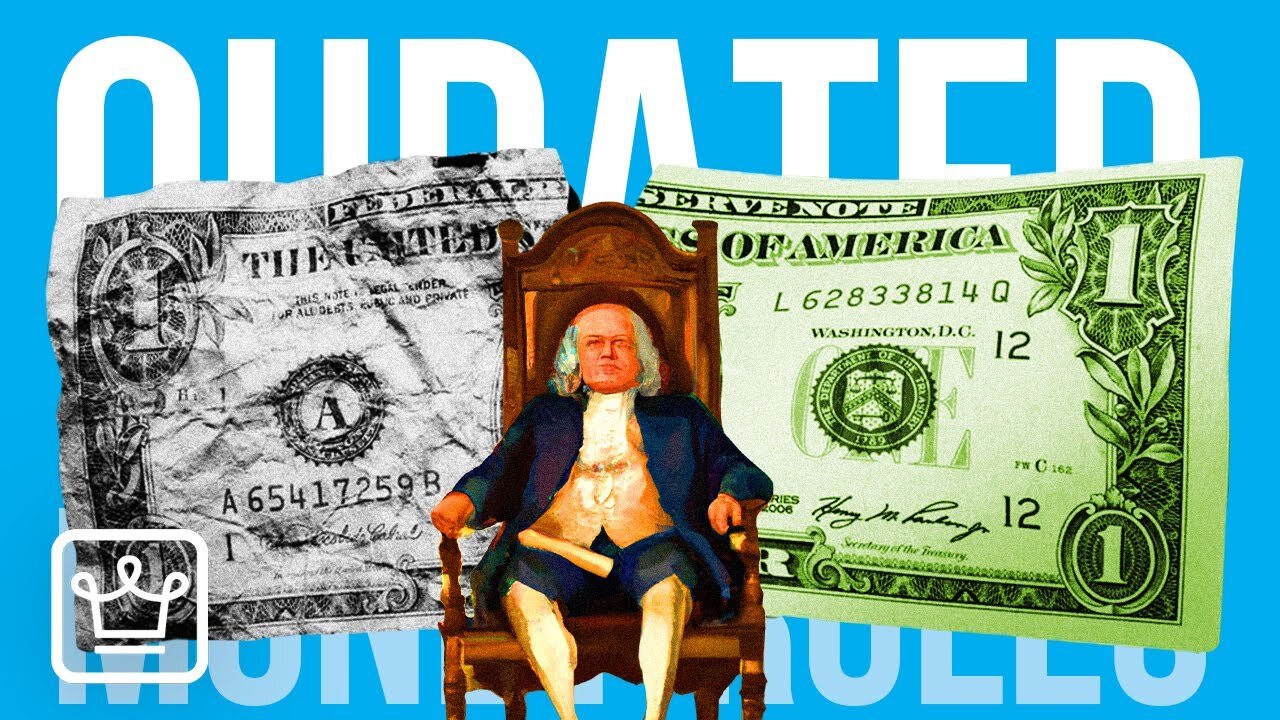Premium Only Content

15 OUTDATED MONEY Rules | bookishears
#bookishears
@bookishears
15 OUTDATED MONEY Rules
Budgeting is Key: Create a budget to track your income and expenses. Allocate a portion of your income to savings and investments.
Emergency Fund: Aim to have at least three to six months' worth of living expenses in an easily accessible savings account as an emergency fund.
Pay Off High-Interest Debt: Prioritize paying off high-interest debts like credit card balances. The interest rates on these debts can quickly erode your financial stability.
Invest for the Long Term: Consider investing in a diversified portfolio of stocks, bonds, and other assets for long-term financial growth. Diversification helps spread risk.
Retirement Savings: Contribute regularly to retirement accounts like a 401(k) or IRA to secure your financial future. Take advantage of employer match programs if available.
Live Within Your Means: Avoid living beyond your means by spending more than you earn. Make wise spending choices and avoid unnecessary debt.
Avoid Lifestyle Inflation: As your income increases, resist the temptation to increase your spending proportionally. Instead, save and invest the additional income.
Emergency Spending Only: Credit cards should primarily be used for emergencies or planned expenses, not as a means of financing everyday purchases.
Track Your Credit Score: Keep an eye on your credit score and work on improving it if necessary. A good credit score can save you money on loans and interest rates.
Stay Informed: Stay informed about changes in financial regulations, tax laws, and investment strategies. Regularly review your financial plan to ensure it aligns with your goals.
Please verify these rules with current financial guidelines and regulations, as they might have changed after my last knowledge update in September 2021. Additionally, consider consulting with a financial advisor for personalized advice tailored to your specific financial situation and goals.
-
 1:43:55
1:43:55
I_Came_With_Fire_Podcast
13 hours agoThe REVOLUTION to SAVE AMERICA Starts At HOME
38.1K9 -
 28:33
28:33
Mike Rowe
3 days agoWhy Are Healthy Men Exiting The Workforce? | Nick Eberstadt #274 | The Way I Heard It
38.9K201 -
 38:40
38:40
Adam Carolla
2 days ago $12.09 earnedBill Maher Calls Trump 'Effective'?! You won't see it coming! | Adam Carolla Show | #news
70.7K31 -
 14:40
14:40
Talk Nerdy Sports - The Ultimate Sports Betting Podcast
4 hours ago4/12/25 - Wake the F Up: It’s Saturday! It’s War!
30.5K4 -
 5:07
5:07
DEADBUGsays
1 day agoThe Murder of Janet Brown
30.2K4 -
 13:08
13:08
NinjaGamblers
1 day ago $1.45 earnedHow to Win at Roulette 99.98% of the Time with This Crazy Combo 🤯
27.7K -
 20:54
20:54
Chris From The 740
19 hours ago $1.30 earnedThird Time’s the Charm? Amend2 Mod3 Glock Mag Put to the Test!
27.9K4 -
 13:23
13:23
T-SPLY
1 day agoStephen Miller BLOWS UP On CNN For Questioning Deportations
107K301 -
 16:09
16:09
Clownfish TV
1 day agoSnow White Can't Even Break $100 Million?!
140K77 -
 LIVE
LIVE
Grant Cardone
5 hours agoGrant Cardone's 10X Business Summit: Day 1
210 watching